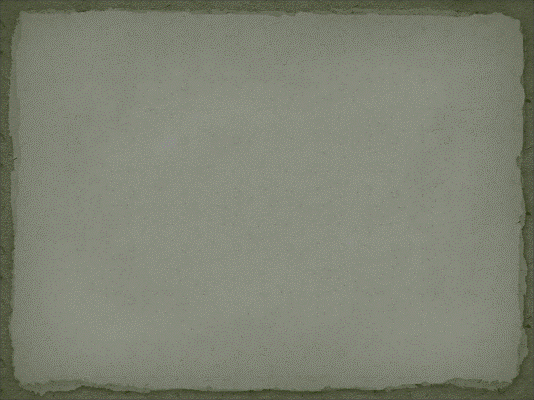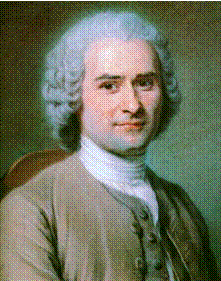
•Philosophized on the nature
of society and government
•The Social Contract
•individuals forming
a society entered into a “social
compact” with one another.
•the social compact
obligated members of society to subordinate their “natural liberty” to “the supreme direction of the general will.”

